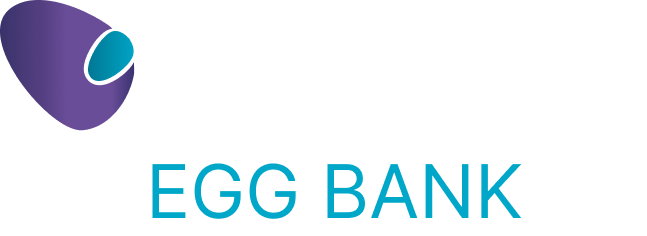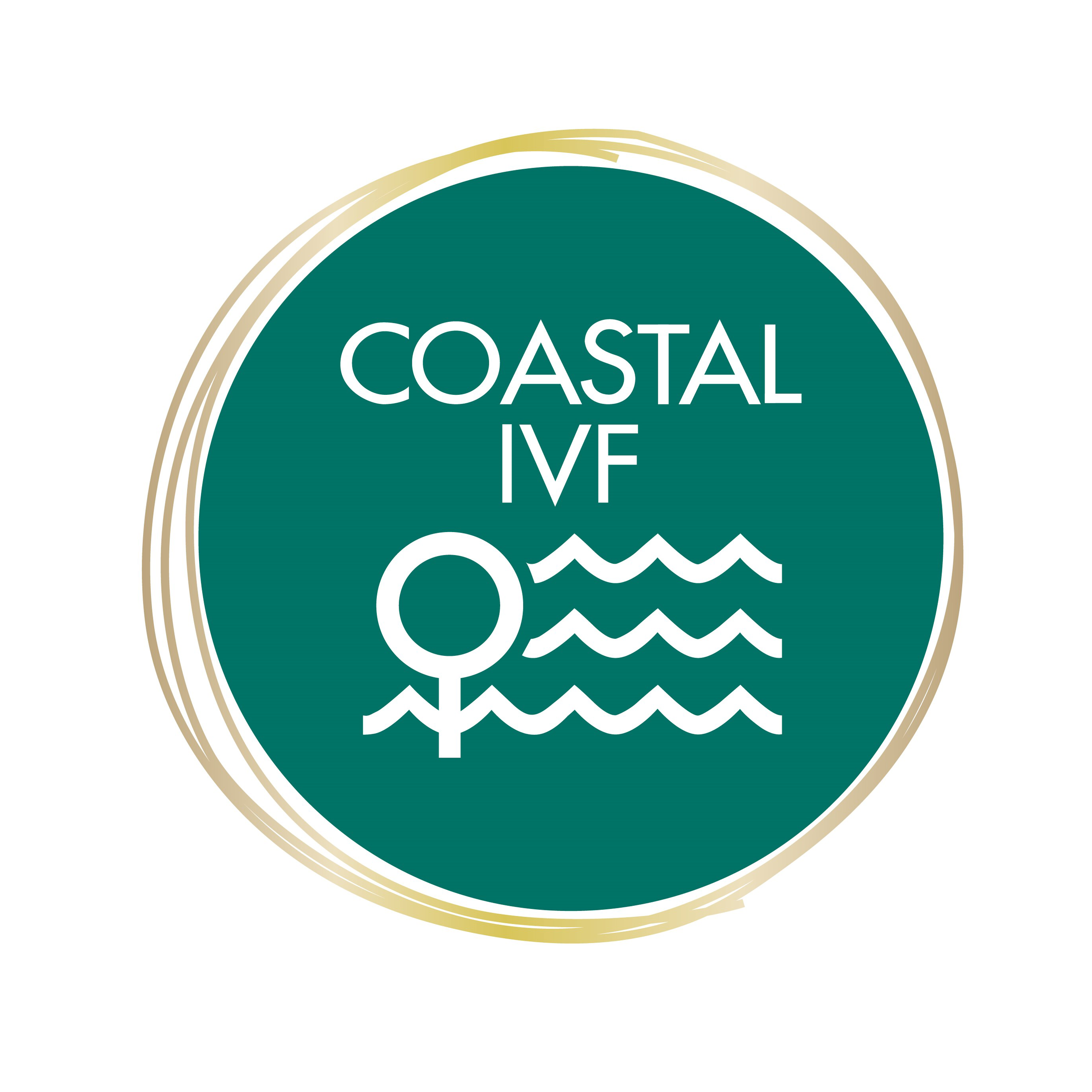Deciding to pursue egg donation can be an emotional journey, especially when it comes to wondering whether your child will look like you. It’s natural to have questions and concerns about how donor egg genetics work, and whether you’ll see parts of yourself in your child.
The good news is that even though the eggs may come from a donor, your baby can still share traits with you through a process known as epigenetics. Additionally, IVF success rates with donor eggs are high, allowing many intended parents to build their families through this method successfully.
In this blog, we’ll explore egg donor genetics, how epigenetics influence your baby’s development, and how your bond with your baby will be much more than skin-deep.
What Is Egg Donor Genetics?
Donor egg genetics refers to the biological makeup of an egg inherited from the donor. Our genes, which are sequences of DNA, carry the unique code that defines who we are. These genes determine physical traits like hair colour, eye colour, height, and even susceptibility to certain diseases.
When you choose to use a donor egg, your child will inherit their genetic makeup from the egg donor, much like children inherit genes from their biological parents. However, while your child will have the donor’s DNA, that doesn’t mean your influence stops there. This is where epigenetics comes into play.
What Is Epigenetics?
Epigenetics studies how behaviours and environmental factors can influence how our genes are expressed. Unlike genetics, which involves the DNA we’re born with, epigenetics examines how that genetic material is activated or ‘switched on’ throughout our lives.
This becomes especially important during pregnancy. While your baby’s DNA may come from the donor, your body and environment significantly influence how those genes are expressed. Everything from your diet, stress levels, exercise routine, and emotional well-being can affect your baby’s development through epigenetic changes.
For example, even though the embryo’s DNA is inherited from the donor, the mother’s uterine environment significantly shapes the child’s growth, development, and even certain traits. Think of it like baking a cake: while the ingredients (DNA) are provided, the oven (your body) determines how the cake (baby) turns out.
How Does The Embryo Share Its Genes With Your Womb?
While in the womb, there is a complex exchange between you and your developing baby. One key player in this exchange is the endometrial fluid in your uterus, which contains sacs called exosomes. These exosomes carry RNA molecules from your body that come into contact with the embryo, influencing the expression of its genes.
Through this process, the environment you provide during pregnancy can impact which traits are activated or suppressed. This exchange happens in every pregnancy, whether it involves donor eggs or not. The mother’s habits, lifestyle, and health all contribute to the embryo’s development and help shape the child’s future growth.
For example, if a mother-to-be is malnourished during pregnancy, the child’s metabolism may slow down. This happens because while in the womb, the child’s body adapts to a lack of food by slowing its metabolic rate, preparing for a possible shortage of nutrients. Even though some mothers rely on donors for genetic material, they can still significantly influence their child’s biological traits.
To give your baby the best chance at a healthy life, try to:
- Avoid alcohol and drugs, as they can lead to both short-term and long-term health issues.
- Follow a balanced diet that ensures proper nutrition for you and the baby.
- Lower your stress levels. Stress can activate traits linked to mental health issues later in life.
Read: Top 10 myths about egg donation
Will The Baby Look Like Me If I Use Donor Eggs?
Although your baby will inherit their genetic code from the donor, many other factors determine their appearance and personality.
Your baby’s phenotype, which includes physical characteristics like height, eye colour, and facial expressions, is influenced by a combination of genetics and environment. Even though the genetic code comes from the donor, the way those genes are expressed is impacted by your body during pregnancy.
So, while the donor provides the genetic material, your pregnancy will shape how certain traits emerge in your child. Your baby may not be your exact genetic copy, but they will likely exhibit characteristics that feel familiar—whether it’s the way they smile, their mannerisms, or their behavioural quirks.
Will Donor Egg Genetics Affect the Bond I Have With My Child?
One of the greatest concerns for intended parents is whether they will feel connected to their child if they don’t share genetic material. It’s important to remember that the bond between a parent and a child goes far beyond genetics.
The emotional connection grows from the moment you begin your journey of becoming a parent. Carrying a child through pregnancy and experiencing every milestone—those first kicks, hearing the heartbeat, and preparing for their arrival—helps form an unbreakable bond. Even after birth, your presence, nurturing, and care play the most significant role in bonding with your baby.
Simple actions like making eye contact, holding your child skin-to-skin, and responding to their needs are powerful bonding moments that help create a lifelong connection. As your child grows, they will naturally adopt your mannerisms, humour and habits, reinforcing the sense of connection.
While using donor eggs means that your child will inherit their genetic makeup from a donor, your role in shaping their life is irreplaceable. Through epigenetics, your pregnancy, environment, and nurturing will play a significant role in how your child develops, making them uniquely yours. Beyond genetics, you’ll build a bond with your child through love, care, and the moments you share together.
Central Egg Bank takes great pride in caring for our recipients and egg donors. As leaders in egg donation treatment, we fully recognise that our success is only possible thanks to the generosity of our donors.
If you have more questions or would like to explore egg donation as a pathway to parenthood, Central Egg Bank is here to help. Our team of specialists is dedicated to supporting you every step of the way. Contact us to learn more about our donor egg programs and start your journey towards building your family.

















